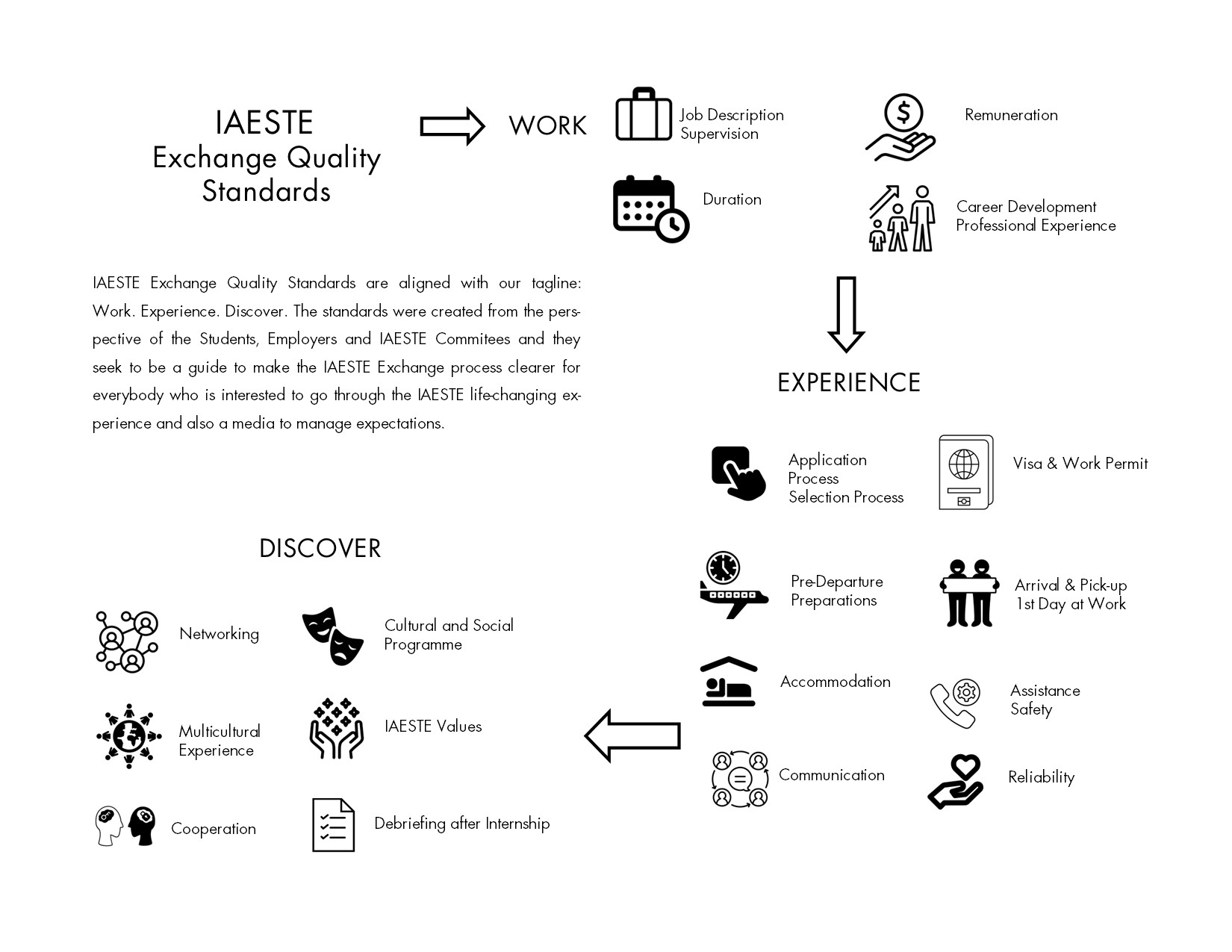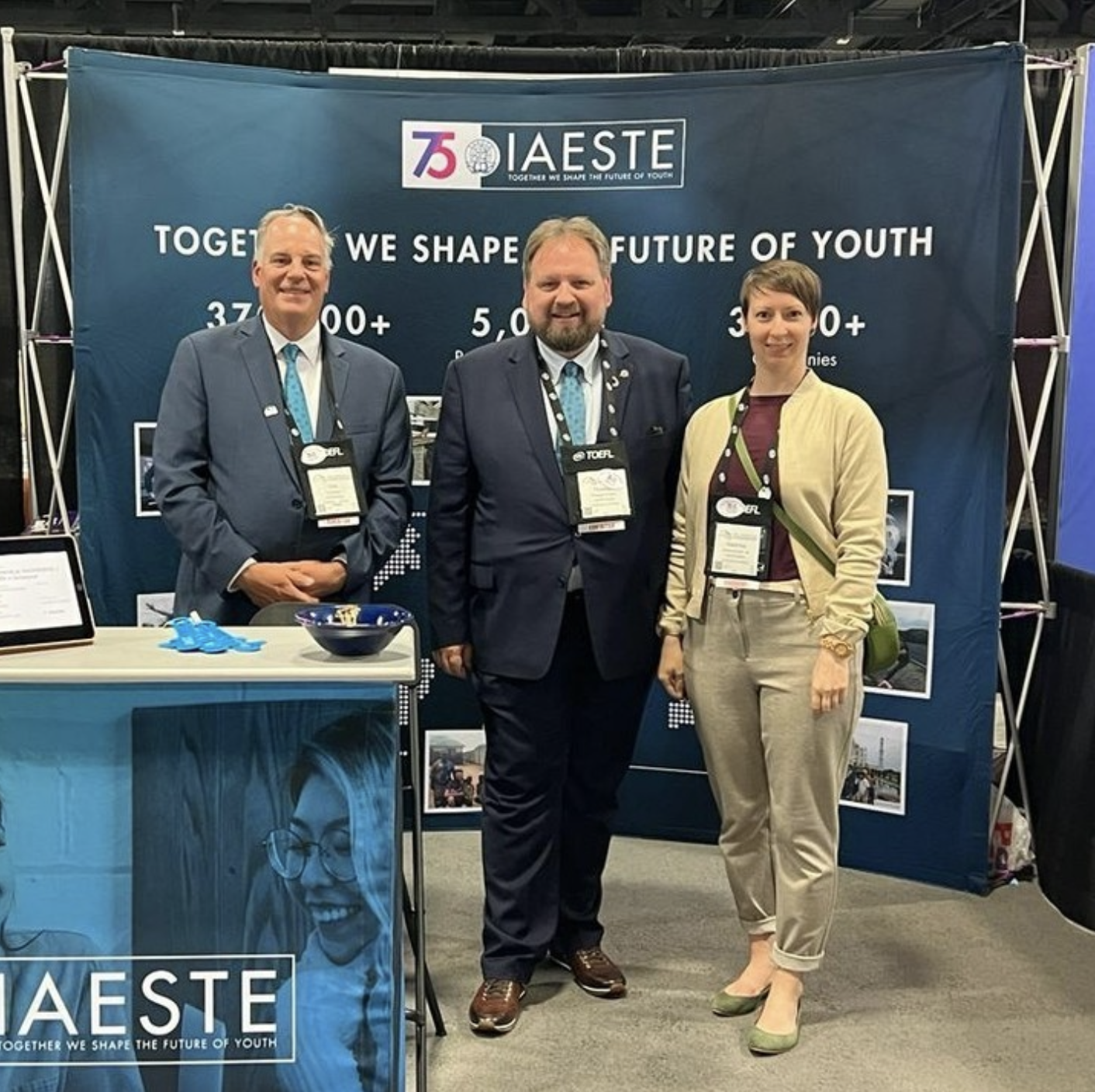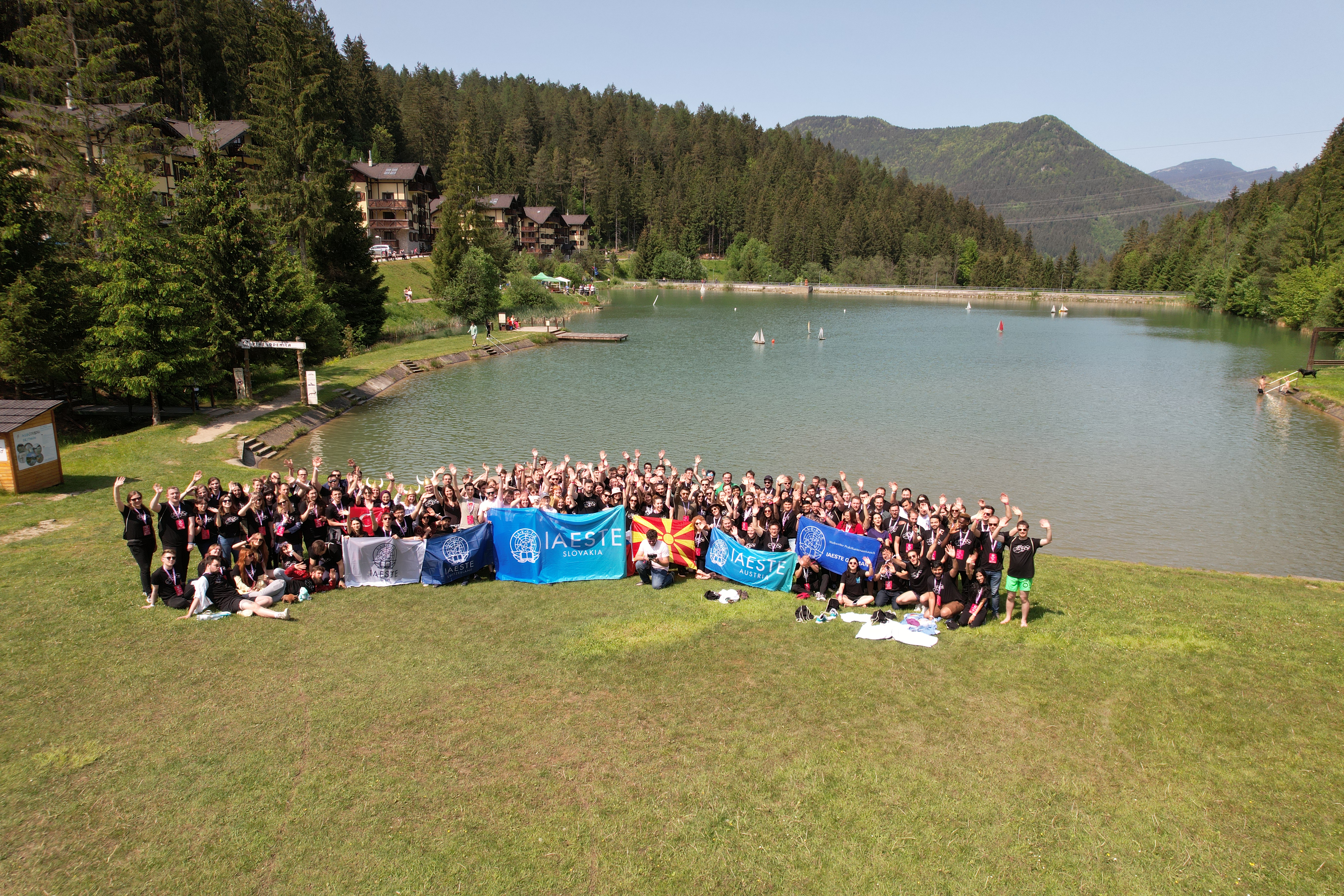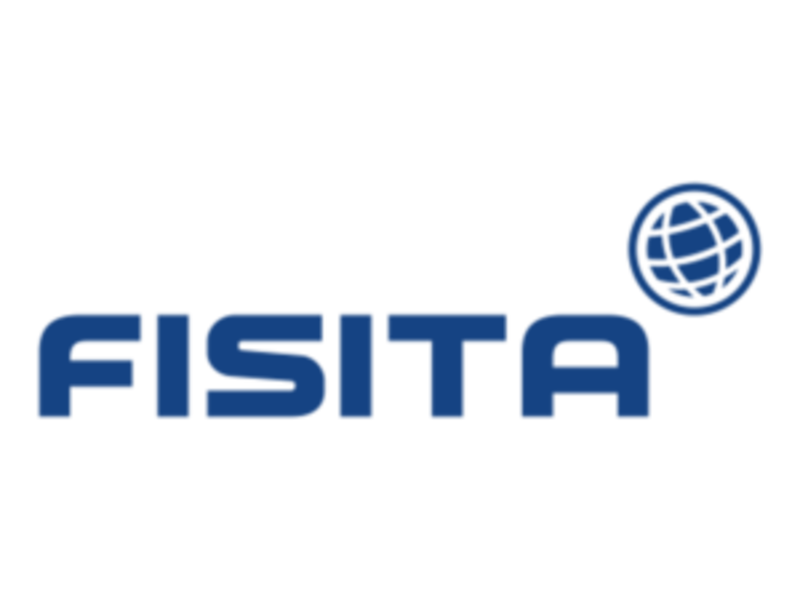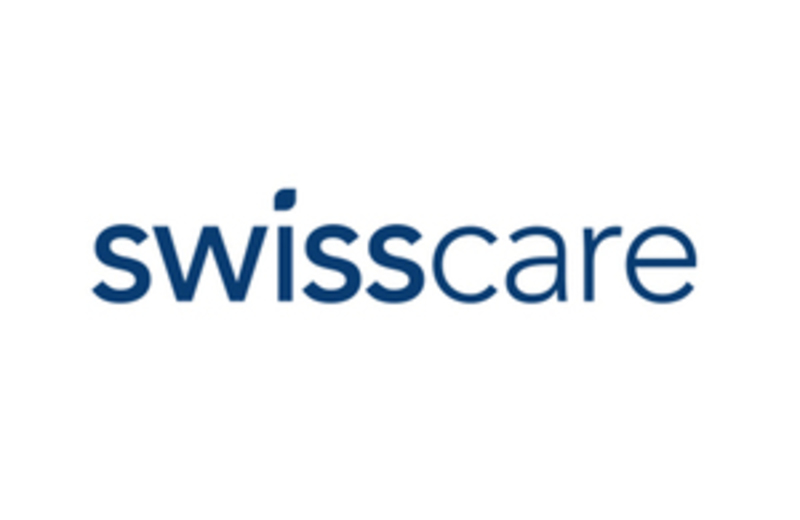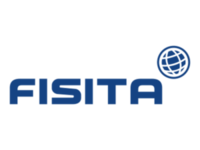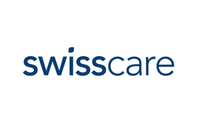Quality and remuneration of Internships
Will the EU ban unpaid internships?
With youth unemployment on the rise across the EU, and aggravated further by the fallout of the COVID-19 pandemic, EU lawmakers called upon the European Commission and member states to increase their support for young people in precarious working conditions.
In a resolution adopted on Thursday (8 October) with 574 votes to 77 and 43 abstentions, EU lawmakers urged member states to ensure that young people who enrol for the Youth Guarantee schemes are offered “good-quality, varied and tailored job, training, apprenticeship or internship offers, including fair remuneration”. The text condemns the practice of unpaid internship as “a form of exploitation of young people’s work and a violation of their rights.”
To learn more about the impact of this policy, Exchange Quality Manager, Ms Valentina Carrasco Rosales together with Head of Operations, Olga Legacka attended a webinar organised by the Leo-Net network together with Interns GoPro and SPRINT Project, whose main topic was the quality and remuneration of internships. Many experts and stakeholders, including the EU representatives: Brando Benifei, Member of the European Parliament; Stan Van Alphen, European Commission, Directorate-General for Employment, Social Affairs and Inclusion (DG EMPL) and Frédéric Piccavet, European Youth Forum - Board Member for Social and Economic Inclusion took part in the discussion.
There is still a long legislative way to have the Youth Guarantee policy implemented by 27 EU member states countries, but the direction to ensure high quality and meaningful trainee experience when offering internships, which also includes consideration of remuneration.
IAESTE standards are much higher. Since 1948, the IAESTE motto is to provide high quality and paid internships. In addition, our values such as respect towards diversity and cultural differences and our policy of non-discrimination of any kind is also aligned in terms of gender equality in relation to the possibilities for both women and men. Proof of it is that we almost exchange the same amount of female (46%) and male (54%) students, according to the IAESTE Activity Report 2019.
In order to ensure the quality of our services, considering the cooperation with our stakeholders: employers, students and other committees, we have created last year the IAESTE Exchange Quality Standards, a tool that collects the culture of exchanges, the know-how of an institution with more than 70 years of experience exchanging students worldwide. Of course, in such a big association, composed of more than 85 countries we cannot work everywhere exactly the same. Nevertheless, all IAESTE members are committed to providing the best experience, a life-changing one to either employers and students and by doing it, we take care of each of the steps in the process of exchanges: from the job raising until the collection of feedback reports from employers and students after their experience ended.
We are happy to see that after a long time of existence, the IAESTE exchange programme is the international benchmark. We have also proven that we are agile and able to react fast in these pandemic times. We are proud of the 700 students who gained professional international experience in this difficult time, although in normal time we would consider it as a rather small number. As another proof of resilience, we started developing the Remote Internship project, which has been a learning by doing process and a real proof of inclusion by extending cooperation between countries that in many cases cannot do “on-site” exchanges due to external factors, like visa policies. Unfortunately, this new virtual reality, translated into the work-from-home format has emerged and massified so fast that in most cases, regulations regarding remuneration are not set to respond to the new need.
We cannot change the regulations but I believe it is our challenge as an association to let the lawmakers know about the needs of updating the work laws at a local level. It is urgent to find the solution to pay for remote work, to secure social benefits as any regular way of working. It needs fair recognition, and not only within a specific country but also this new format of work should be included in the new agreements of cooperation between countries.
